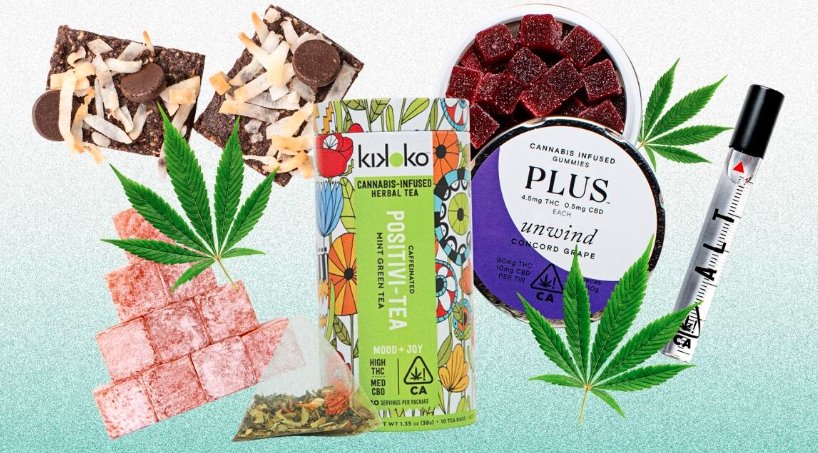Massachusetts officials are considering new regulations for hemp products that contain tetrahydrocannabinol (THC), the psychoactive compound found in marijuana. These products, such as gummies, chocolates, and beverages, are currently sold in liquor stores and smoke shops across the state, but they are not subject to the same oversight as marijuana products sold in licensed dispensaries.
The Need for Regulation
According to the Massachusetts Department of Agricultural Resources (MDAR), hemp products that contain THC pose a public health and safety risk, as they may be contaminated with pesticides, heavy metals, or other harmful substances. Additionally, these products may not accurately label the amount of THC they contain, which could lead to accidental intoxication or adverse reactionsMDAR has issued a policy statement that prohibits the sale of hemp products that are intended for human consumption, such as food, beverages, and dietary supplements, unless they are approved by the U.S. Food and Drug Administration (FDA).
However, some hemp producers and retailers argue that the policy statement is too broad and vague, and that it unfairly targets hemp products that contain only trace amounts of THC, which are legal under federal law. They claim that these products are safe and beneficial for consumers, and that they provide an alternative to marijuana products that are more potent and expensive.
The Proposed Regulations
In response to the concerns raised by the hemp industry and consumers, the Massachusetts Cannabis Control Commission (CCC) and MDAR are working together to develop new regulations that will clarify the legal status and standards for hemp products that contain THCThe proposed regulations will establish a threshold for the amount of THC that hemp products can contain, as well as testing and labeling requirements. The regulations will also define the types of hemp products that can be sold in liquor stores and smoke shops, and the types of hemp products that can only be sold in licensed marijuana dispensaries.

The CCC and MDAR are expected to finalize the regulations by the end of the year, after soliciting public input and feedback from stakeholders. The regulations will aim to balance the interests of the hemp industry and consumers, while ensuring the protection of public health and safety.
The Implications for the Hemp and Marijuana Markets
The regulation of THC-infused hemp products will have significant implications for the hemp and marijuana markets in Massachusetts, as well as for the consumers who use these products. On one hand, the regulation will create more clarity and consistency for the hemp industry, which has been operating in a legal gray area for years. The regulation will also create more opportunities for collaboration and innovation between the hemp and marijuana sectors, as they will be subject to similar standards and oversight.
On the other hand, the regulation will also create more challenges and costs for the hemp industry, which will have to comply with more stringent rules and regulations. The regulation will also affect the availability and affordability of hemp products that contain THC, as they may become more scarce and expensive. The regulation will also impact the consumer preferences and behaviors, as they may switch to different products or sources depending on their needs and preferences.




